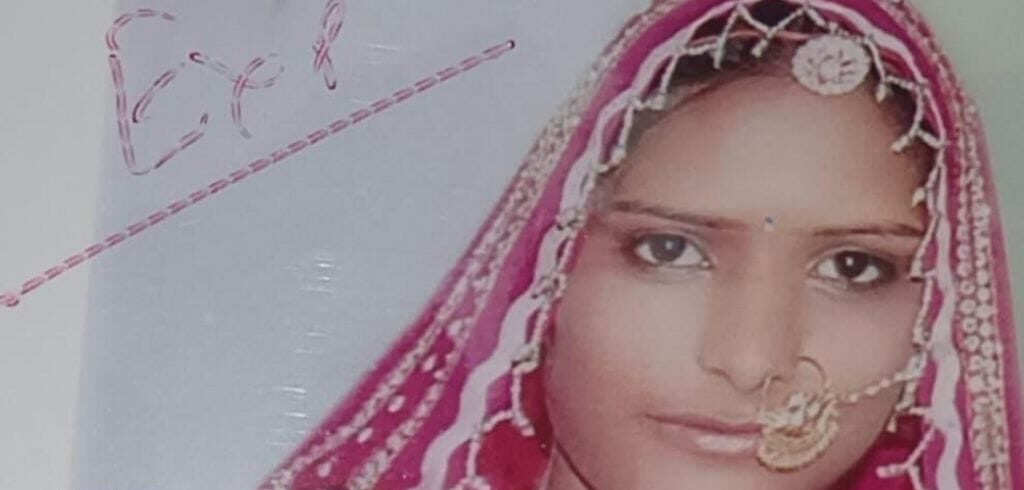Death penalty for Indian man who burnt alive wife over skin colour

This article contains details some people may find distressing.
A court in India has given the death penalty to a man for burning alive his wife over her skin colour.
In her statements before her death, Lakshmi had said that her husband Kishandas “routinely taunted her for being dark skinned”.
District Judge Rahul Choudhary in the northern city of Udaipur explained the death penalty saying the murder fell in the category of “rarest of the rare” and it was “a crime against humanity”.
Lakshmi’s murder eight years back and the judgement, delivered at the weekend, have made headlines in a country where public obsession with colourism is well documented.
The judgement quotes from the statements she gave before her death to the police, the doctors and an executive magistrate.
Lakshmi said her husband often called her “kali” or dark skinned and body shamed her since their marriage in 2016.
On the night she died, Kishandas had brought a plastic bottle with a brown liquid – he said it was a medicine to make her skin fairer.
According to the statements, he applied the liquid to her body and when she complained that it smelled like acid, he set her on fire with an incense stick. When her body started burning, he poured the rest of the liquid on her and ran away.
Kishandas’s parents and sister took her to hospital where she later died.
“It will not be an exaggeration to say that this heart-rending brutal crime was not just against Lakshmi, but it’s a crime against humanity,” Judge Choudhary said in his order.
Kishandas, he said, “broke her trust” and displayed “excessive cruelty in throwing the remaining liquid on her” while she burned.
“It’s a crime that shocks the conscience of humanity which cannot even be imagined in a healthy and civilised society,” the order added.
“A young woman in her early 20s was murdered brutally. She was someone’s sister, someone’s daughter, there were people who loved her. If we don’t save our daughters, then who would?” he said.
Mr Paliwal said he had forwarded the order to the high court for confirmation of the death sentence, but added that the convict had 30 days to appeal.
The Udaipur court order has once again put the spotlight on India’s unhealthy preference for fair skin.
Girls and women with darker skin tones are called derogatory names and face discrimination; and skin lightening products make for big business, earning billions of dollars in profits.
In matrimonial columns, skin colour is almost always emphasised and lighter-skinned brides are more in demand.
In recent years, campaigners have challenged the widely-held notion that fairer is better, but they say it’s not easy to counter deeply entrenched prejudices.
Until that changes, such discriminatory attitudes will continue to ruin lives.



